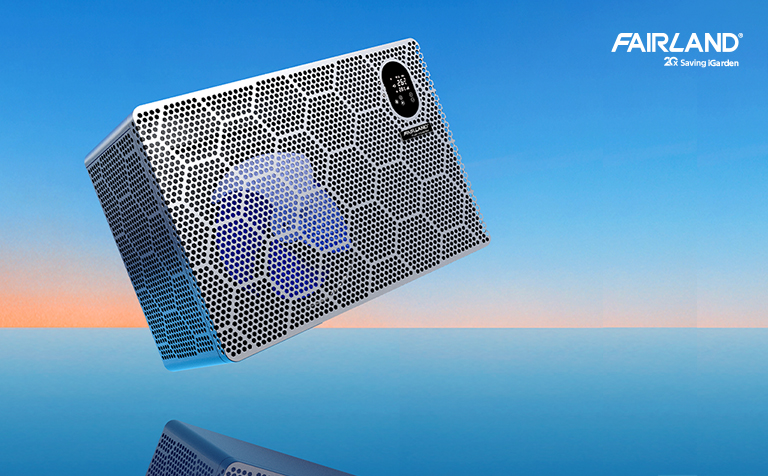During the winter months, it is common for ice covering on swimming pool heat pumps. Defrosting becomes critical when the ice covers the entire unit. Otherwise, the equipment will not work well at all, and there is a risk of damage. In this article, we will discuss why pool heat pumps freeze and how to defrost a pool heat pump.

What Causes Swimming Pool Heat Pumps to Freeze Up?
The most common cause of a pool heat pump freezing is the lack of proper care and maintenance. Other than this, there may be frost in the pool heat pump due to the following conditions:
l Shortage of antifreeze in the system.
l A malfunction of the defrost device that comes with the pool heat pump.
l Insufficient airflow causes moisture that stays in the unit system and turns into frost during the cold season.
l Freezing rain settles on the equipment and turns it into frost or hailstones from the rain clogs in the equipment and freezes it from the inside out, etc.
How Can I Prevent My Pool Heat Pump From Frosting?
Proper maintenance and care is the best approach to stop frost from accumulating on your pool heat pump. Checking your unit frequently to ensure it is running well and replacing worn parts when problems arise will go a long way to keeping your equipment from suffering damage. Naturally, using antifreeze and ensuring good airflow is essential.
At What Temperature Does A Pool Freeze?
Small pools typically freeze when the outside temperature is below 0°C. Large swimming pools and those exposed to large bodies of water may not freeze until the temperature dips below -7°C. Therefore, keeping your water warm and far above freezing temperature is the key to preventing freezing in your swimming pool. It is feasible if you are willing to run your pool heat pump more frequently and keep an eye on your water level.
Should I Run My Pool Heat Pump In Freezing Temps?
No, we do not suggest you run a pool heat pump in freezing temperatures because it could damage your system and bring you a more costly repair. However, for short-term cold temperatures between -17°C and 0°C, you can run your pool heat pump as long as you start running it before freezing conditions begin and as long as you run the pump continuously. It applies to pool owners who live in areas that only occasionally experience freezing conditions in the winter. Pool owners in areas with frequent and constant freezing conditions should shut down their pools for the winter.
How to Defrost an Inverter Pool Heat Pump?
Generally, defrosting inverter heat pump for swimming pool is achieved by reversing the four-way valve. When defrosting is needed, the four-way valve switches refrigerant flow, and the high-temperature and high-pressure refrigerant discharged from the compressor flows into the evaporator, releasing heat to achieve melting frost. Fairland TurboSilence® Full-inverter pool heat pumps start the automatic defrost mode to ensure regular operation at ambient temperatures less than or equal to 15°C when the machine has been operating continuously for 35 minutes with coil temperature reaching -7°C. Therefore, you can enjoy your swimming pool year-round without worrying about damage due to low temperatures.
Final Words
While frosting on swimming pool heat pumps can be alarming, there’s no need to panic as long as you understand what causes it and how to fix it. Choosing an inverter pool heat pump with an automatic defrost mode is multiplying the benefits. As a unique China pool heat pump manufacturer with self-developed technologies, welcome to contact Fairland for helpful advice on pool heat pump defrost mode and pool heat pump defrost cycle via email at sales@fairland.com.cn.